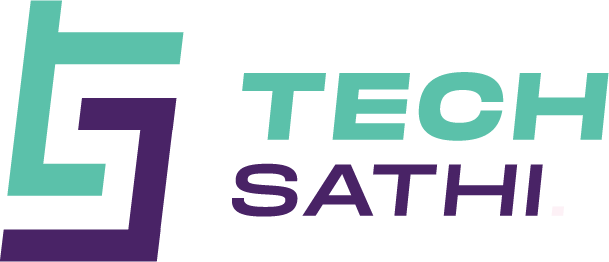Knowledge signifies anything ‘conceptual,’ which refers to knowledge gained from textbooks, journals, magazines, encyclopedias, the internet, or school/college on a specific subject. Skills refer to applying theoretical knowledge in practice and the workplace and mean something practical.
When it comes to skills, practice matters.
Laurie Santos and Tamar Gendler
G. I. Joe Fallacy: the idea that knowing is half the battle. It needs to be retired not just from our theories of how the mind works, but also from our practices of trying to shape minds to work better.
As a result, if you want to reach a goal, only lectures won’t cut it. More preparation is what you want. Lectures will only increase your knowledge. It will not supply you with the resources you need to do your jobs better.
Set (realistic) goals!
Your goals should be SMART (Specific, Measurable, Achievable, Relevant and Time-bound).
You can also use the WOOP technique (wish, outcome, obstacle, plan) for goal setting and get your desired outcome faster.

WOOP is a scientifically supported instrument that assists us in changing our habits and achieving our targets. It’s the outcome of a mix of mental contrasting and implementation intention. Two methods that are now very successful on their own.
Baby steps first!
Goal directed practice entails stitching together a series of small efforts in order to achieve a longer-term objective. The important thing is to turn your very vague end goal into specific set of actions. When you think about, even showering requires a lot of small steps. You got to stand up first, find the towel etc.
Think of it like a snowball effect. You start small but slowly start getting momentum and you’re already really good at the skillset before you even realize it. Don’t try to invest 10 hours in your skill the very first day, you’ll be burnt out. Start small and go bigger from there. 10 mins a day for a week doesn’t sound as intimidating as 10 hours, right?
Focus on important parts. You don’t need to know everything (80/20 rule)!
According to the Pareto theorem (80/20), with certain results, approximately 80% of the effects come from 20% of the reasons. 20% effort/knowledge is what you need to get 80% of the outcome. You can get good at things fairly quickly. It’s being great at them is what takes time but we aren’t trying to be great at everything we do now, are we?
You need feedback to learn any skill faster!
Garbage in, garbage out. If you practice wrongly, you’ll get the wrong results. Here, comes the value of a mentor. But, you can’t always find a mentor. In those circumstances, use the internet to your advantage. Ask people who are learning the same skill you are better than you for feedback.
When people hesitate to give honest feedback on an idea, draft, or performance, I ask for a 0-10 score. No one ever says 10. Then I ask how I can get closer to a 10. It motivates them to start coaching me—and motivates me to be coachable. I want to learn how to close the gap.
Adam Grant
Although, be mindful of not blindly applying the feedback. Test them first.

Wharton Organizational Psychology Professor Adam Grant in his book Originals argues that the best feedback doesn’t come from the audience or the managers but from fellow creators.
We could all rely more on peer feedback and do a better job saying, “When I’ve got a new idea, I’m not necessarily going to trust my own judgment. But I’m not always going to trust … middle managers who tend to be the most risk-averse and most conservative. I’m going to go to people who are fellow creators.”
Adam Grant
Deliberate practice to learn any skill faster!
Regular practice can consist of mindless repetitions, while intentional practice necessitates concentrated attention and is carried out for the clear aim of enhancing efficiency.
When he was a teen, Benjamin Franklin’s father scolded him for his mediocre writing skills. Franklin promised himself that he would work on his writing. He started by reading works by some of the most renowned writers of the day. After that, he rewrote each essay in his own words and compared them to the original.
World-class violin players only practice 90 mins a day but in those 90 mins, they focus on things that they are not so good at or need improvement upon. They don’t practice what they find easy. There’s no point to do that. So, deliberate practice forces one to get out of their comfort zone. You’re constantly targeting what you need to improve upon and once you’ve improved on it then you’re targeting skills with higher difficulty. It’s like gamifying your life.
Choose the mindset required!
The words fixed mindset and growth mindset were coined by Carol Dweck to explain people’s presumptions about learning and intelligence. If students believe they can improve their intelligence, they realize that persistence pays off. As a result, they bring in more effort and dedication, which contributes to greater success.
Studies show that we can shift someone’s perspective from fixed to growth. When we do so, they become more motivated and achieve more. The study of brain plasticity has shown how the connectivity between neurons will change over time. Neural networks develop new associations and reinforce old ones with practice.





